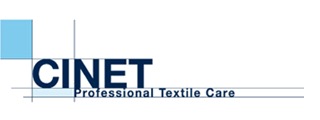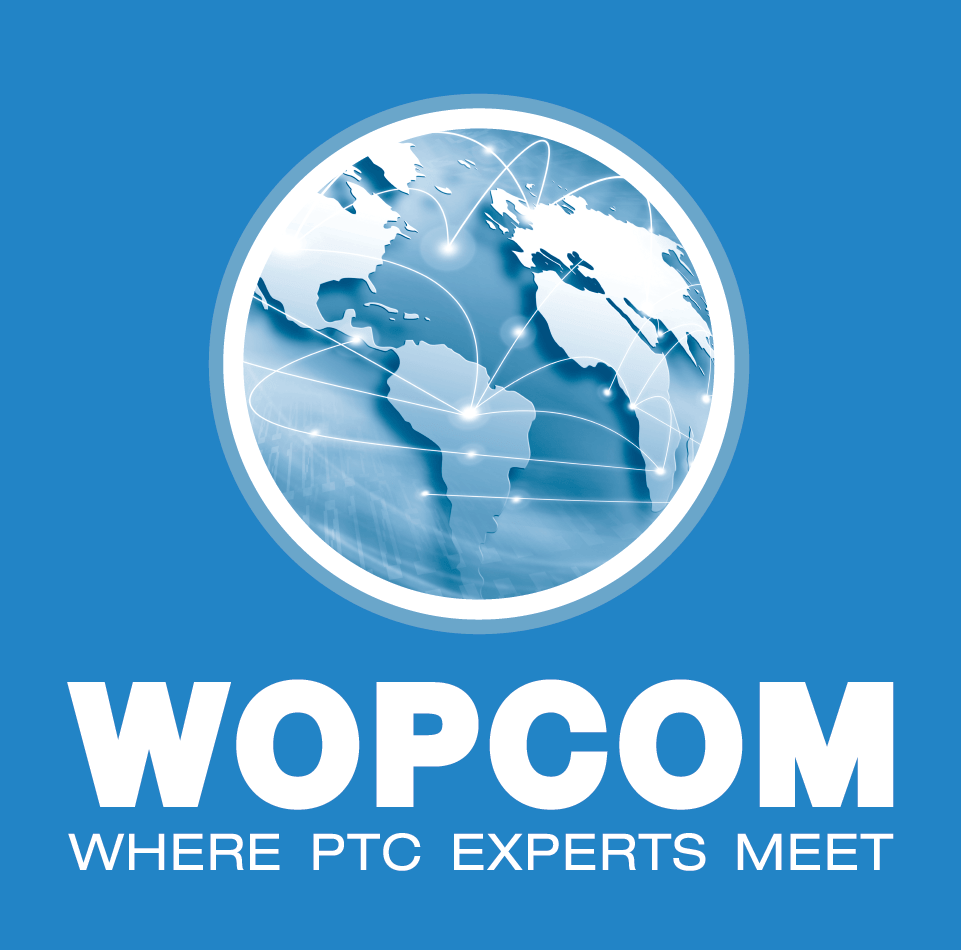(TS) Technical
Future prospective of textile technology: from nanotechnology to factory textiles
Nowadays, the development of technical textiles with high functionality is an important issue of textile research institutes and industries in Europe and worldwide. New materials with intelligent features appear in the rapidly changing clothing market; clothing becomes more functional and more individual. Functional textiles change living areas and products. From example, textile room dividers, heating…
Read MoreE-Industrial Laundry: For Safe & Sustainable Textile Service Operation
What is E-Learning Industrial laundry is an practical and easily accessible education material especially for the Textile Service industry. E-Industrial Laundry’s training modules are developed for E-learning and blended learning (a combination of e-learning and classical training with the help of a teacher). E-learning provides students with an easy, accessible and flexible way of…
Read MoreUsage behaviour and related energy consumption of European consumers for washing and drying
Angelika Schmitz & Rainer Stamminger Received: 12 March 2013 /Accepted: 17 May 2014 /Published online: 1 June 2014 # Springer Science+Business Media Dordrecht 2014 Abstract Laundry washing has been extensively studied; laundry drying has been much less investigated. Nevertheless, there are indications that the drying process takes considerably more energy than the washing process. It…
Read MoreProfessional Textile Care: All trends in the field of PPE and workwear
Cinet mission statement To be a well structured, strong and reputed international umbrella organisation for the global professional textile care cleaning, laundry and textile service industry to consumer and business-to-business applications. A+A Congress Düsseldorf: all trends in the field of PPE and workwear Mass customization and high tech in workwear signify opportunities…
Read MoreCase study by Lapauw: What is Cleanroom laundry?
As cleanroom laundries are a relatively young but growing part of the laundry industry, Lapauw finds answers to the very strict demands in hygiene and cleanliness that clean room laundries impose. What is a cleanroom? While aerospace, pharmaceuticals and the semiconductor industry are industries best-known to make use of clean rooms, it does not stop…
Read MoreCases on hygiene & sustainability in textile services
Denmark: Smilies ensure hygiene transparency From 2001 onwards, customers of restaurants in Denmark are able to see, with just one look, if the restaurant they’re about to eat in complies with all the necessary food safety regulations. Smilies were introduced as a way for customers to immediately recognize hygienically safe restaurants: from a sad smiley…
Read MoreResource efficiency in dry cleaning and laundry companies
Industrial laundries as well as dry cleaning companies developed a sense of urgency for the relevance of energy and resource consumption. This is why the Swiss Federation of Textile Care started a project to develop a tool to support small and medium size enterprises in their challenge to save resources, protect the environment and last…
Read MoreCare labels in textile services and industrial laundry
In order to ensure the optimal processes for the garment, textile care labelling is added to the items. In general the information on the labels consists of the textile material and/or the instructions for professional laundry to ensure clean garment without textile damage. This chapter will give an overview of care labelling codes and symbols…
Read MoreValidation & certification in professional textile services and industrial laundry
Quality, a definition Appropriate definitions of the term “quality” are: “Fitness for use” [25]; “Conformance to requirements” [26]; “The totality of features and characteristics of a product or service that is important for meeting statutory or implied need” according to ISO 8402. As stated above, textile rental is core business for PTS companies next to…
Read More




